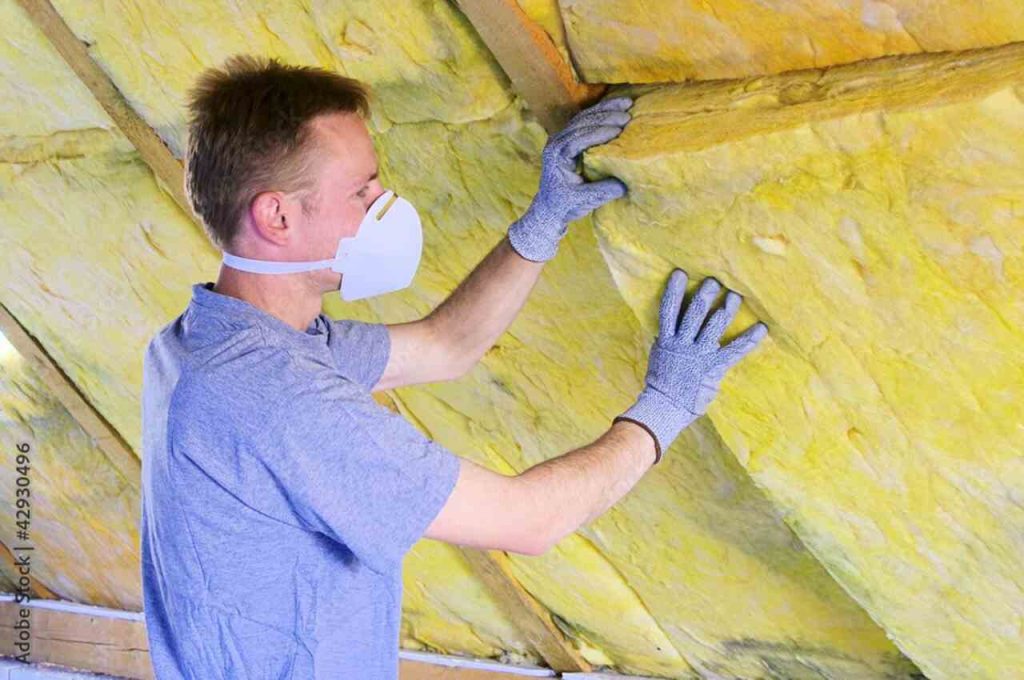Most homes have double the energy efficiency as they did a few decades ago, but that doesn’t mean your home is immune to wasting energy.
A quarter of the energy used in an average home goes towards heating rooms that aren’t in use. And so, your home likely loses quite a bit of heat in the winter and AC in the summer. But how do you fix that?
One way to regulate temperature and save costs is by finding quality insulation. So, here’s a quick guide on what to look for in them.
High Thermal Resistance
One of the first things you should check when you choose from different types of insulation is its thermal resistance. The higher the value, the better it measures.
The R-value or thermal resistance level refers to the material’s ability to resist the transfer of heat. And so, it allows you to keep your home warm during winter and cool in the summer.
Note that the value you should get for your home varies depending on where you will install the insulation. But generally, you want to be sure it goes from R13 to R60, depending on where you put it.
Low Thermal Conductivity
Over time, insulation can lose its effectiveness, leading to increased energy costs and decreased thermal comfort. You want to make sure you pick quality materials like those with low thermal conductivity.
It refers to the nature of how much heat your insulation conducts. This affects how it keeps your home cool or warm based on the weather. The lower this value is, the stronger the insulating power of the material is.
Material Thickness
Quality insulation should be thick enough to trap air and provide proper temperature regulation. The thickness can impact the material’s effectiveness in thermal resistance and energy efficiency.
Note that even if some types of insulation are thicker than others, the option you choose still varies on your needs. For example, fiberglass batts are usually thicker than spray foam, but spray foam insulation has a higher R-value.
You want to make sure you pick the ideal choice for your home to ensure it works effectively throughout.
Insulation Density
Insulation density refers to how much material is packed into a given space. And so, it gives you an idea of how much delay it takes for heat to penetrate through.
When looking for quality insulation, you may want to pick one with higher density. This way, it can address sudden changes in temperature better by reducing or slowing down the transfer.
Additionally, higher insulation density can also provide better soundproofing and fire resistance.
Hygiene and Durability
Your HVAC lifespan can depend on how hygienic and durable your insulation will be. This is because poor insulation can cause your systems to work harder than usual, resulting in higher power costs.
Quality insulation should be able to withstand wear and tear, as well as resist moisture and mold growth. At the same time, it should be able to handle extreme temperatures and keep your home comfortable for a long time. You want to keep this in mind in case you want to get insulation removal services to replace it with better options.
Save On Energy Costs by Choosing Quality Insulation for Your Home
You want to be sure you choose quality insulation to ensure energy efficiency and more power savings. A few things you should consider include R-value, durability, thickness, and resistance levels. You can also check the condition of your current insulation to know if you should upgrade it!
Check out our blog to learn more.

